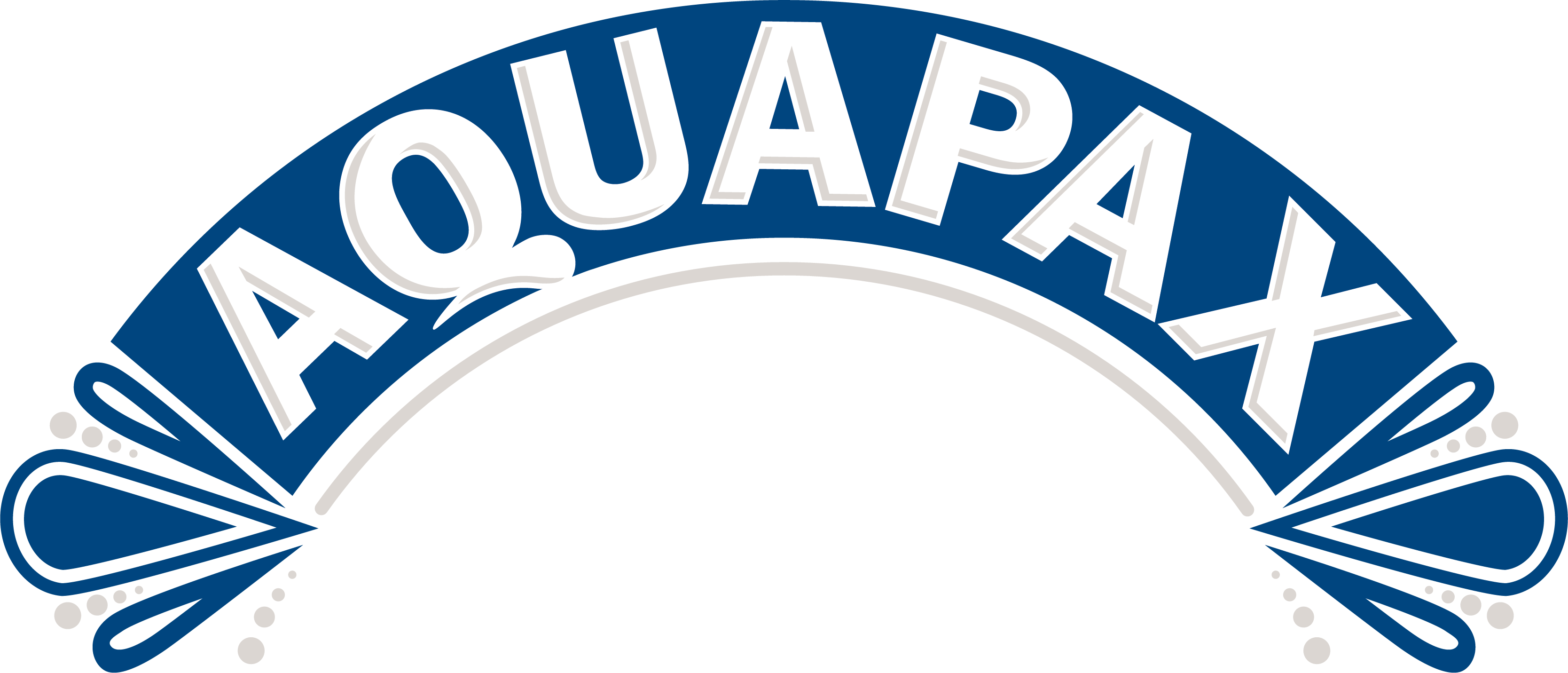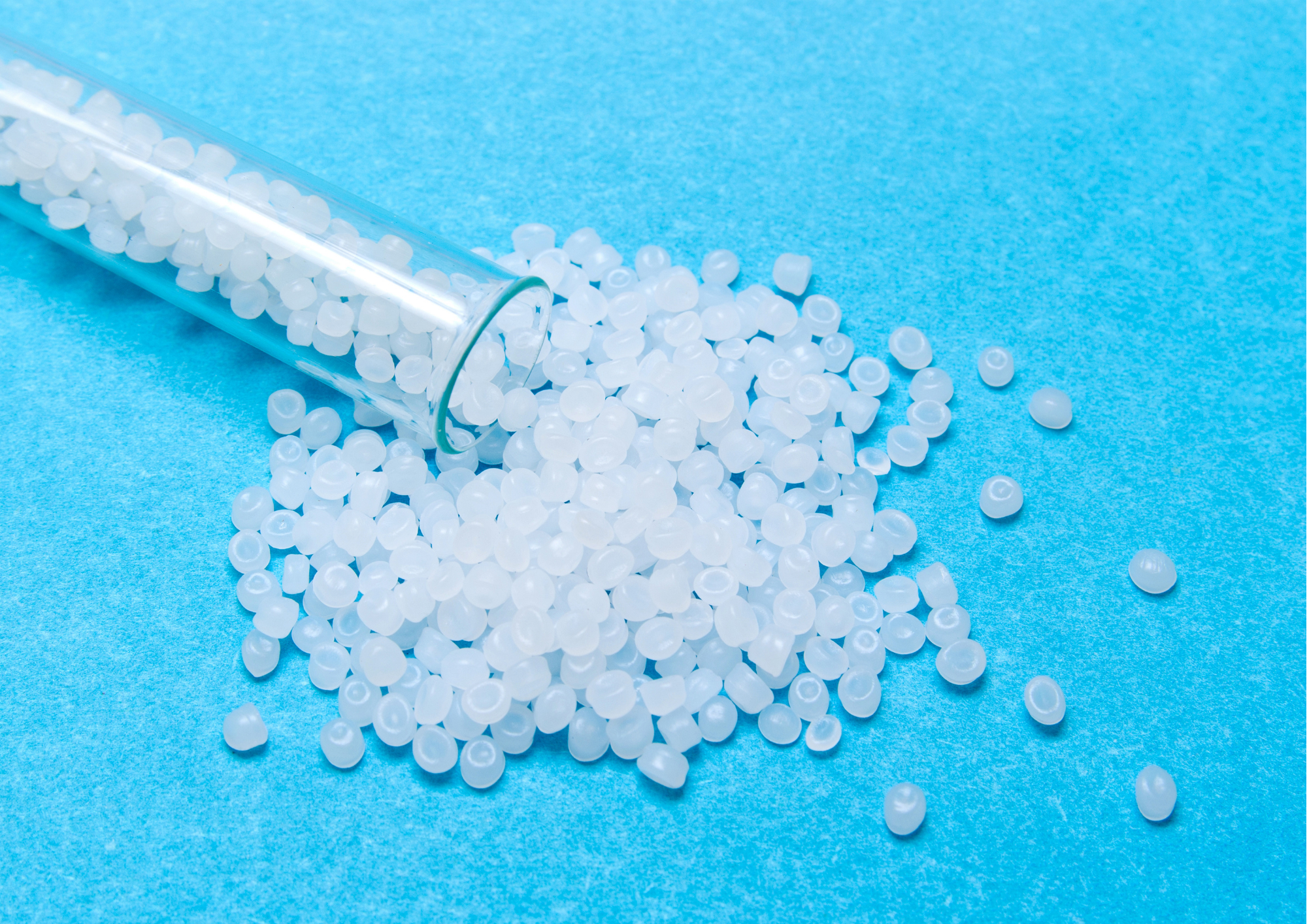Shareholders of DuPont have approved an As You Sow shareholder proposal against the rise in plastic pollution in the company. DuPont is one of the largest industrial chemicals company in the world who has plants, subsidiaries, and affiliates over the world.
What is the environmental proposal?
Shareholders proposed a resolution asking DuPont to provide reports on the spillage of plastic pellets that are released into the environment. On the 28th April in an annual general meeting, the shareholder resolution was approved by 81.2% of investors. The proposal was approved despite being opposed by management. This is one of the highest votes that shareholders have agreed on regarding an environmental issue opposed by management.
DuPont is now among other companies that have agreed to report on pellet pollution thanks to As You Sow's proposals. Chevron Phillips Chemical, Exxon Mobil Chemical and Dow Chemical have begun providing data on plastic pellet spillages thanks to As You Sow's proposal.
What are plastic pellets and why are they harmful?
Plastic pellets are the basis of nearly all plastic products. They are small (about the size of a lentil) and are produced by chemical companies, then used my plastic manufacturing companies which melt them down to the shape of the final product. It is thought that plastic pellets are the second largest source of microplastic pollution in the ocean by weight. Estimates say that around 10 trillion plastic pellets go unrecovered each year due to spillage into waterways, causing high levels of environmental damage and plastic pollution.
The risk of plastic pellets entering the food chain is extremely high. As the pellets are small enough for marine animals to mistake them as food, it is possible that it could result in humans digesting them too. The risk is exacerbated as plastic pellets can absorb toxins (such as dioxins) from the water, transferring them into the food chain. Plastic pollution is a huge problem to marine wildlife where it has been reported that over 800 species have ingested or become entangled in plastic. If action isn't taken, it is expected that by 2050 there will be more plastic than fish in the oceans.


Share:
Ecocide: Should environmental damage be criminalised?
Water Saving Week 2021